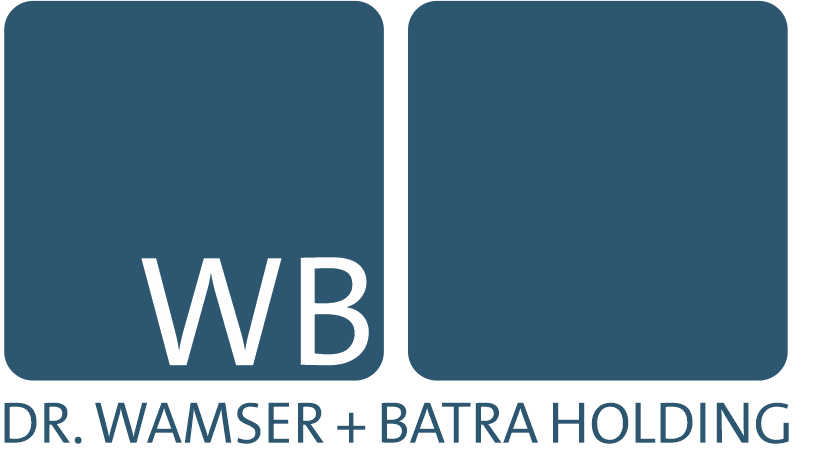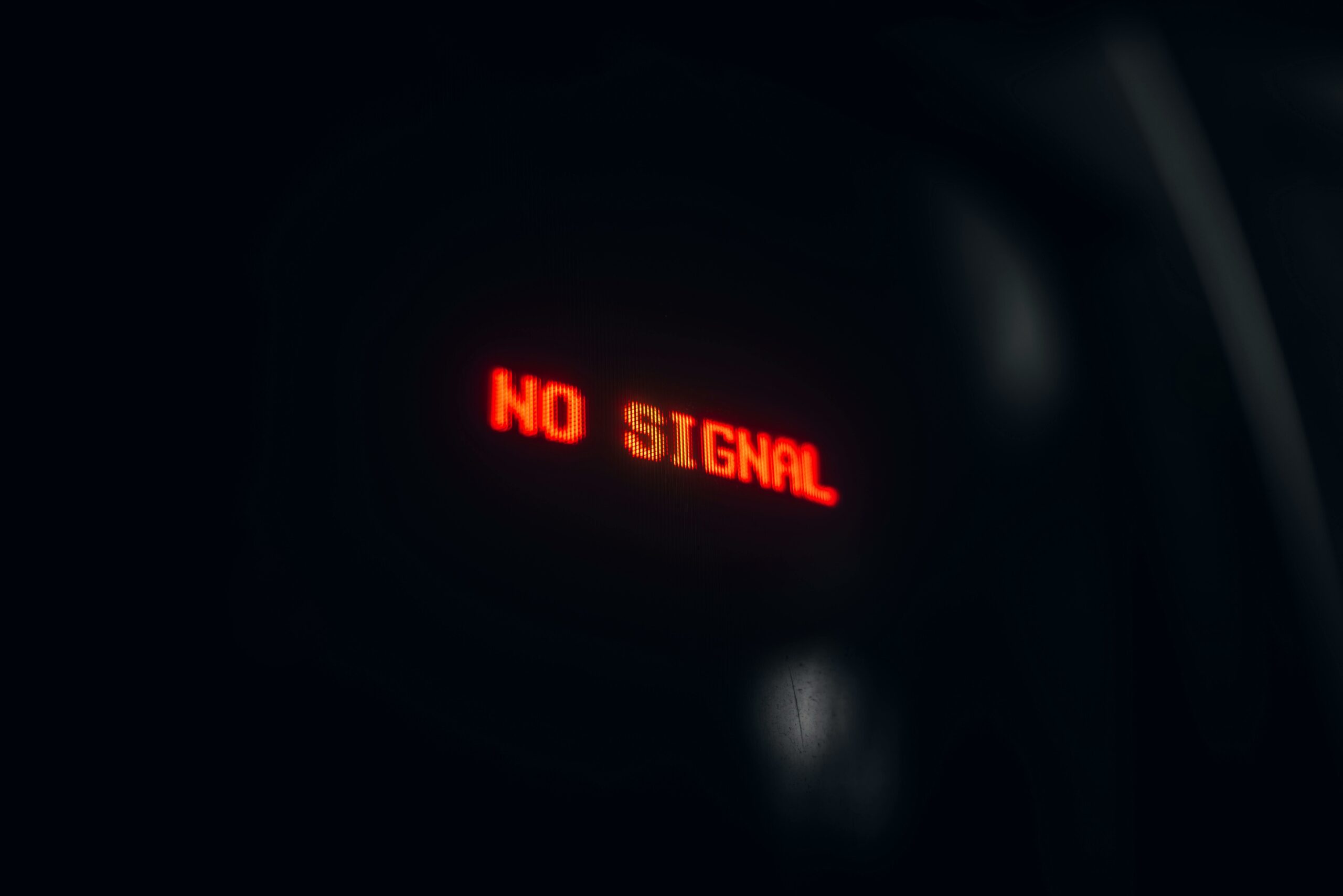Es gibt mal wieder eine neue EU-Richtlinie, die von der Bundesregierung umgesetzt werden soll. Der Referentenentwurf zum sogenannten Hinweisgeberschutzgesetz, das eigentlich schon zum 17. Dezember 2021 umgesetzt werden sollte, wurde nun vom Bundesministerium der Justiz vorgestellt. Passend zum veröffentlichten Gesetzesentwurf tauchen immer mehr Anbieter auf, die vorgefertigte Lösungen für Whistleblower-Systeme präsentieren. Mit der Etablierung solcher “Fertiglösungen” wäre das Thema zwar schnell abgehakt, aber ist es tatsächlich so simpel?
Sucht man nur das “Befolgen der Richtlinie”, also die Erfüllung der Compliance, scheinen solche Lösungen sehr attraktiv. Aber ist man sich bewusst, was für Konsequenzen entstehen können?
Whistleblower: Moderner Held?
Der Begriff und auch die Whistleblower selbst sind häufig negativ behaftet. Enthüller von Missständen in Unternehmen oder von fragwürdigen, staatlichen Vorgehensweisen, gelten in der Regel nicht als Helden, die eine unbequeme Wahrheit ans Licht bringen. Es drohen Disziplinarverfahren, fristlose Kündigungen und im Extremfall sogar ein Leben auf der Flucht. Es ist sinnvoll und richtig, diese Personen vor Repressalien der Arbeitgeber:innen zu schützen.
Die Etablierung eines Whistleblower-Systems zeigt aber auch einen Kulturwandel und das Innovationsmanagement des Unternehmens: Mitarbeiter:innen können und sollen sich äußern, drohende Missstände werden erkannt und können damit auch frühzeitig beseitigt werden.
In der Theorie gewinnt das Unternehmen dadurch an Attraktivität und zeigt sich sogar offen und modern.
Whistleblower und die Gefahr der Verleumdung
Die vorschnelle und nicht durchdachte Einrichtung einer Meldestelle birgt aber auch Risiken, die schnell zu einer Gefahr für das Unternehmen werden.
Eine bisher offene Unternehmenskultur kann sich zu einer Verleumdungskultur entwickeln. Eine lange, über Jahre hinweg erarbeitete Teamkultur kann innerhalb kürzester Zeit ausgelöscht werden. Es entwickelt sich plötzlich eine vollkommen andere Art des Feedbacks: Anstatt von Angesicht zu Angesicht im Teammeeting über Herausforderungen oder Reibungspunkte zu sprechen, werden Hinweise anonym weitergeleitet. Die Kommunikation verlagert sich in das Whistleblower-System.
Zudem eignet sich ein solches System nicht “per se” für alle Regionen, Zeiten und Kulturen. Insbesondere dann, wenn man z.B. in Kulturen tätig ist, in denen es keine Erfahrung mit Feedbacktraditionen in Unternehmen gibt, werden Whistleblower-Systeme häufig für firmeninterne Konflikte und/oder Machtkämpfe missbraucht. So kann das Beschädigen des Rufes von Kollegen:innen oder Vorgesetzten durchaus als Instrument der eigenen Karriereplanung eingesetzt werden. Auch der anonyme Vorwurf, dass ein Unternehmen beispielsweise korrupt sei, gehört in manchen Märkten (leider) zu den üblichen “Waffen” des Wettbewerbs.
Das ist natürlich ein Szenario, das nicht eintreten muss. Aber eintreten kann, wie wir selbst bereits in unserer Praxis erlebt haben.
Hier einige Beispiele/weitere Risiken:
Whistleblowing in Indien: Ein mittelständisches Unternehmen mit 250 Mitarbeiter:innen in Deutschland und 80 Mitarbeiter:innen in Indien, wollte eine innovative Richtung einschlagen und richtete in seinen Produktionsstätten ein Whistleblower-System ein. Innerhalb des ersten Jahres wurde dieses in Deutschland 1x, in Indien 277x genutzt.
Die hohe Anzahl der Meldungen führte zu einer (zeitlichen) Überforderung. Man versuchte mit unserer Hilfe zu eruieren, wie viele der Fälle stichhaltige Vorwürfe enthielten und wie viele ins Leere liefen. Unsere Untersuchung ergab eine Quote von unter 1% stichhaltiger Meldungen. Das Problem: Die Akzeptanz sinkt beim Management, sich um die Meldungen zu kümmern, so dass die relevanten 1% unterzugehen drohen. Es besteht die Gefahr, dass ein solches System “zugemüllt” und die wahren Schutzbedürftigen geschwächt oder gar übersehen werden, weil die Verantwortlichen nicht mehr zwischen echten und unechten Meldungen unterscheiden können.
Bei einem anderen mittelständischen Unternehmen hatte ein neuer Eigentümer eine durch fehlende Transparenz und Feedback-Austausch geprägte Arbeitsweise eines eher verstrittenen Teams in der Verwaltung vorgefunden. Es dauerte fast zwei Jahren an intensiven Teambuildingmaßnahmen etc., bis die Firmenkultur sich wesentlich verbesserte. Als dann ein Jahr später ein Whistleblower-System eingerichtet wurde, verschlechterte sich die Teamkultur in den Folgemonaten erneut drastisch und es kam zu immer mehr Hinweisen.
Whistleblower-System: Fluch und Segen zugleich!
Jedes Unternehmen, jede Einrichtung oder Behörde hat ein eigenes “gelebtes” System an Unternehmenskultur und -werten. In manchen herrscht eine eher offene Kommunikationskultur, in der allmöglichen Themen und Probleme direkt adressiert werden können. Andere hingegen arbeiten noch streng hierarchisch, so dass es dort schwerer fällt, “echtes” Feedbacks nach oben zu senden. Entsprechend logisch scheint, dass man vorsichtig sein sollte, ein existierendes Whistleblower-System vorschnell zu übernehmen ohne Rücksicht darauf, ob es überhaupt den Bedürfnissen entspricht und die unternehmensinternen Anforderungen erfüllt. Das System sollte, so sind wir der Meinung, individuell entwickelt und etabliert werden. Die Mitarbeiter:innen müssen zudem durch intensive Schulungen an das System herangeführt werden.
Um diese passende Lösung zu entwickeln, muss das gesamte unternehmerische System betrachtet werden: Welche Prozesse und Mechanismen gibt es bereits? Wo bzw. was müssen wir nachjustieren? Welche Lösung auf dem Markt passt zu unseren Bedürfnissen und sollte letztendlich eingeführt werden?
Brauchen wir unterschiedliche Meldestellen? Unterscheiden wir beispielsweise zwischen einem Hinweis, in dem es um Diebstahl geht und einem Hinweis, bei dem es um sexuelle Belästigung geht?
Eine ganzheitliche, strategische Betrachtung hilft dabei, die entscheidenden Fragen zu stellen und Antworten darauf zu finden.
Sie haben bereits ein Whistleblower-System integriert oder möchten sich mit dem Thema auseinandersetzen und haben Fragen dazu? Schreiben Sie uns:
Fehler: Kontaktformular wurde nicht gefunden.
Case Study:
Whistleblower – Krisenmodus im Unternehmen
Jeder wird es schon einmal erlebt haben – ob als Arbeitnehmer:in oder Arbeitgeber:in – die gemeinsame Reise dauert nicht immer ein Leben lang. Die Umstände der Trennung können unterschiedlich sein und nicht immer endet es friedlich. Taucht aber plötzlich ein Whistleblower mit Vorwürfen auf, die im schlimmsten Fall rechtliche Konsequenzen mit sich bringen können, muss eingegriffen werden…



